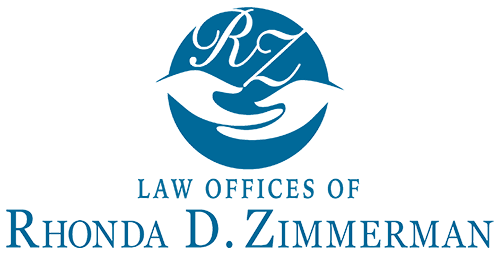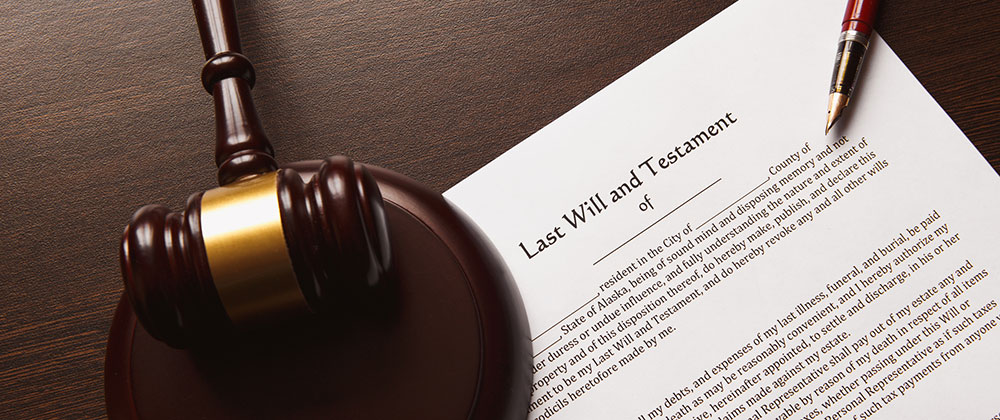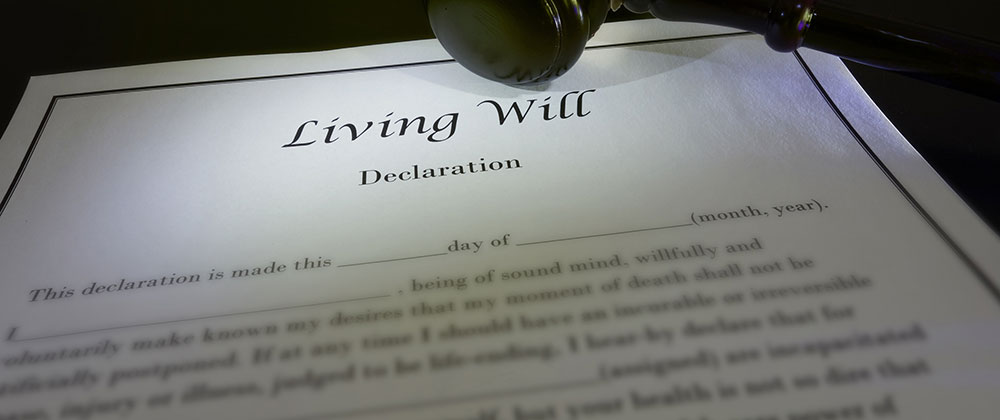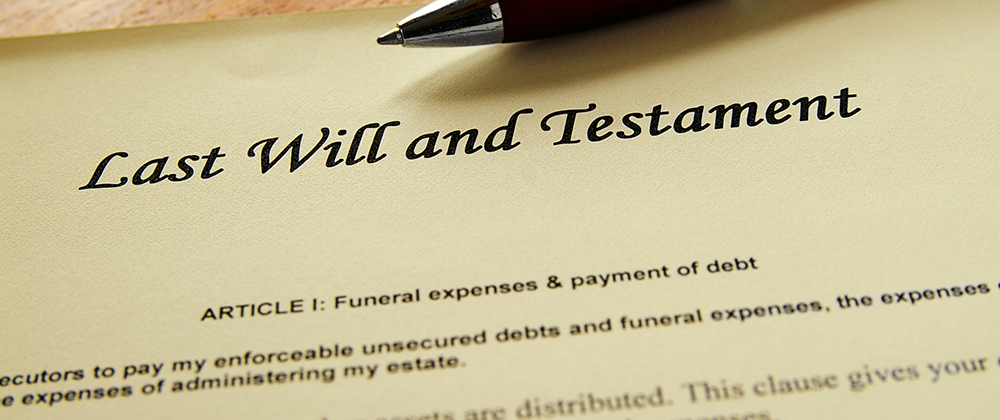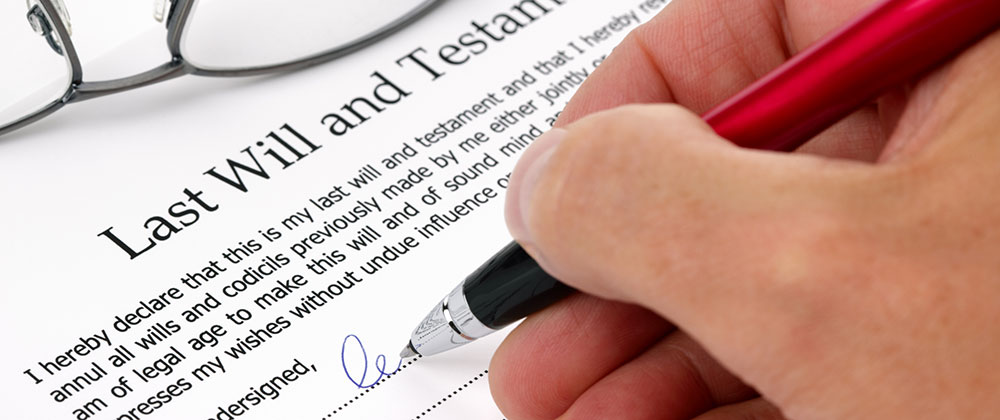A will is a central document used when planning an estate to ensure your wishes are followed after you die. Your will should guide how your assets should be disposed of so that the people or organizations you want to receive them do. Fort Lauderdale estate planning attorney Rhonda D. Zimmerman writes wills for clients to ensure their wishes are legally and clearly explained and that the documents are valid and enforceable. While some people attempt to write wills on their own, it’s best to get the help of Broward wills attorney Rhonda D. Zimmerman, Esq. to avoid will challenges after you die.
Importance of Getting Legal Help
Whenever you have accumulated significant assets during your life, getting the help of an experienced Fort Lauderdale estate planning lawyer is critical when writing your will and planning your estate. If you try to write your own will by relying on software, you might end up with a poorly drafted document that doesn’t conform to Florida’s rules for how wills must be drafted. This can result in a number of unforeseen consequences and potential will challenges.
In some cases, drafting your own will without legal help could result in the court deeming your will invalid and disregarding it. If your will is contested by potential beneficiaries based on the document being unclear, resolving the issues could result in protracted and expensive court litigation and bitter family conflicts.
Drafting a Will Without Legal Help
If your estate is small, you might decide to try to draft your own will. A will can be used to ensure multiple tasks are performed according to your wishes, including the following:
- Naming an executor to handle your estate
- Describing your property
- Providing for the transfer of deeds and titles
- Identifying the people or organizations you want to receive different assets
- Naming someone to serve as a guardian for minor children
Making mistakes when planning any of these things in a will can lead to unintended consequences. For example, if the executor you name in your will doesn’t want to serve in that role, the court might step in and appoint someone else who you might be uncomfortable with. Leaving out assets could result in assets being passed outside of your will according to the state’s intestate laws. If you make major drafting errors, your will might be invalidated, meaning that none of your wishes would be followed.
If you still want to write a will on your own, you must take the following steps:
- Study Florida estate laws and the requirements for valid wills
- Follow all of the rules for drafting wills, including witness requirements
- Use a will template, but make sure a template comports with Florida’s laws
- Use will-creation software or an online tool
- Sign and date your will in front of witnesses in a way that meets Florida’s legal requirements
Other Things to Consider
Most people who try to write wills on their own do so to try to save money. However, writing your own will can result in expensive litigation if the document is challenged and could result in disinheritance and other problems. A will might not be the only estate planning document that you need. An attorney can help you identify all of the documents you should include in a comprehensive estate plan to ensure your goals and wishes are achieved.
Talk to Broward Wills Attorney Rhonda D. Zimmerman, Esq.
If you want to write a will, trying to draft it yourself could lead to numerous problems. A better option is to consult experienced Fort Lauderdale estate planning lawyer Rhonda D. Zimmerman, Esq. Attorney Zimmerman has decades of experience helping people with all of their estate planning needs and can help you create a robust estate plan that is tailored to your situation. Call us today to request a consultation at (954) 822-7566.
